MORE-KARE
MORE-KARE
The views expressed in this blog are the author(s) own and not necessarily those of the the trial team, sponsor, or funders.
28-Oct-2025
Celebration, beginnings, and endings across MORE-KARE
I recently had the absolute honour and privilege of taking part in the training for our new therapists, alongside this we also had to say some goodbyes to colleagues who had become friends and were moving on to do their Doctorate in Clinical Psychology.
I’m a bit proud of them all!
One thing I admire so much about the MORE-KARE team is the flexibility and want to do things differently, and honour things that really matter in life. With that, we held a beautiful ceremony outside in the stunning grounds of Exeter University. Each leaver took a seat on a decorated tree stump and invited their colleagues to share the ‘Gold’ in them that had been witnessed. Such a powerful thing to do and be part of – endings are such an important transition and can easily be neglected or rushed, which doesn’t give any space for reflection and transition.
For participants on the trial, the Peer Support Groups offer a place to celebrate that transition – from ending the trial to integration into a new way of being. Sharing experiences, joys and difficulties with peers who have walked a similar path helps to make sense of things, and fosters a sense of belonging to something special.
13-Aug-2024
Lauryn Russell – Assistant Psychologist

In this article, Lauryn reflects on her experience of the initial training for her role on the MORE-KARE trial.
My name is Lauryn Russell, and I am thrilled to share that I have just started working on the MORE-KARE trial as an Assistant Psychologist (AP). Since attending Breaking Convention in 2023, I’ve been so inspired to dive deeper into researching alternative treatments for substance misuse. Therefore, I feel honoured to have been offered this position working alongside Prof Celia Morgan and her amazing team. This role provides me with the opportunity to blend my interests with my job, but most importantly, it offers a new hope for those struggling with addiction cycles.
The team has done a fantastic job putting together an induction process for me and the other AP’s. The MORE-KARE team is huge, and we are mostly working remotely from different locations across the country. I was a bit worried about how this setup would function and feared it might feel isolating, especially since this is my first research position, and I knew I would have many questions. However, the team ensured I had a warm and friendly start. The induction allowed me to connect with everyone on the team through online and in-person meetings. I can sense a strong feeling of community within the team. Everyone is incredibly welcoming, and even though I’m far away from everyone, I feel comfortable reaching out to anyone for support. I have been constantly reassured that no question is considered silly!
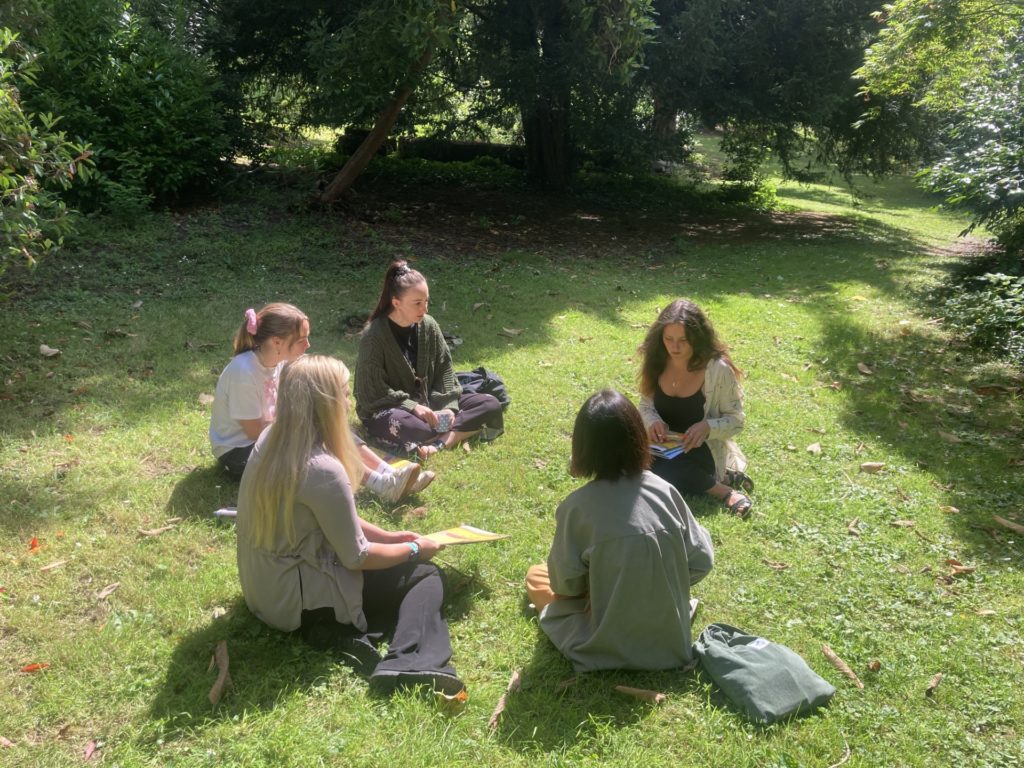
As part of the induction, I was invited to attend a two-day in person training. When my friends and family enquired about it, I found myself responding with a big smile, saying ‘it was lovely, felt like a mini retreat’. And that’s exactly how it felt – we spent two days connecting to our peers and nature which I feel are two important elements of recovery from substances. I went away from the training feeling rejuvenated, connected, and highly motivated to start my tasks for the trial. The training wasn’t just about the ‘retreat experience’, we also delved into the therapy content we’ll be providing to participants, all whilst enjoying the outdoors in the sun. Ali and Beth put a lot of thought into making the training engaging, energising, and enjoyable, while effectively covering the content. Throughout the training days, we engaged in mindful activities in nature which served as a gentle reminder to prioritise individual wellbeing among our busy lives. Overall, I find it refreshing to work for a team whose values align with my own, empathising that it’s okay to slow down and perform tasks mindfully, to prevent burnout and enhance efficiency. As Lao Tzu once said, “nature does not hurry, yet everything is accomplished”.
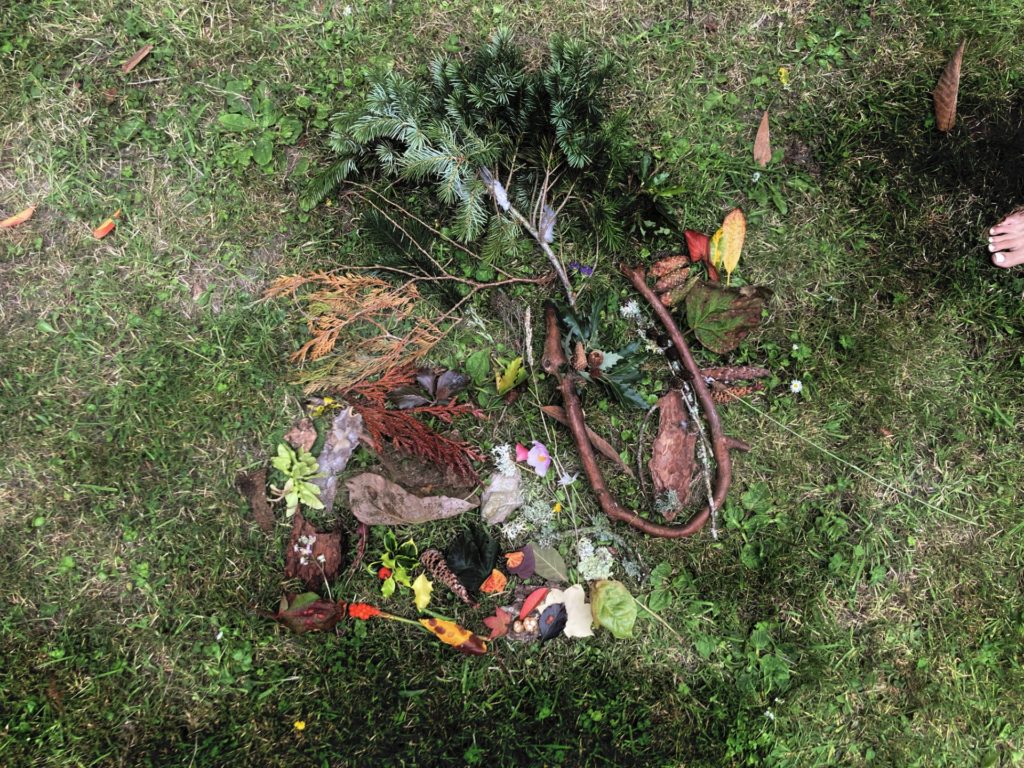
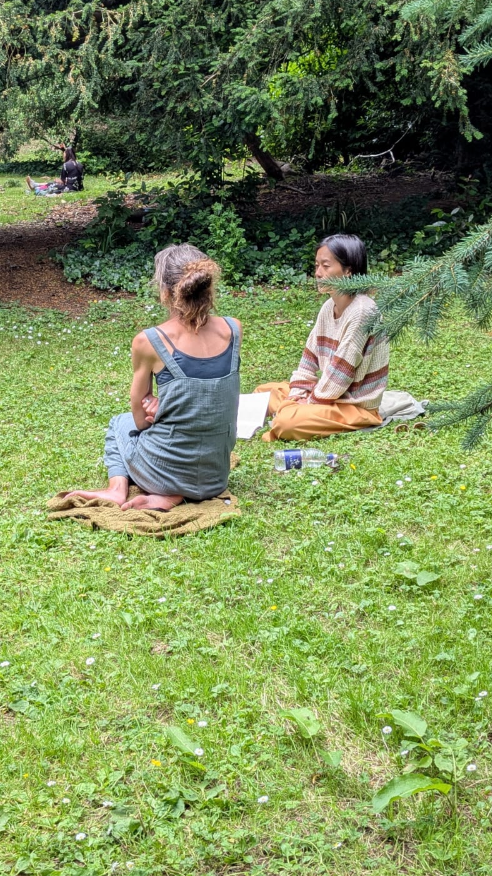
12-Jun-2024
Angela Hewitt – Assistant Psychologist
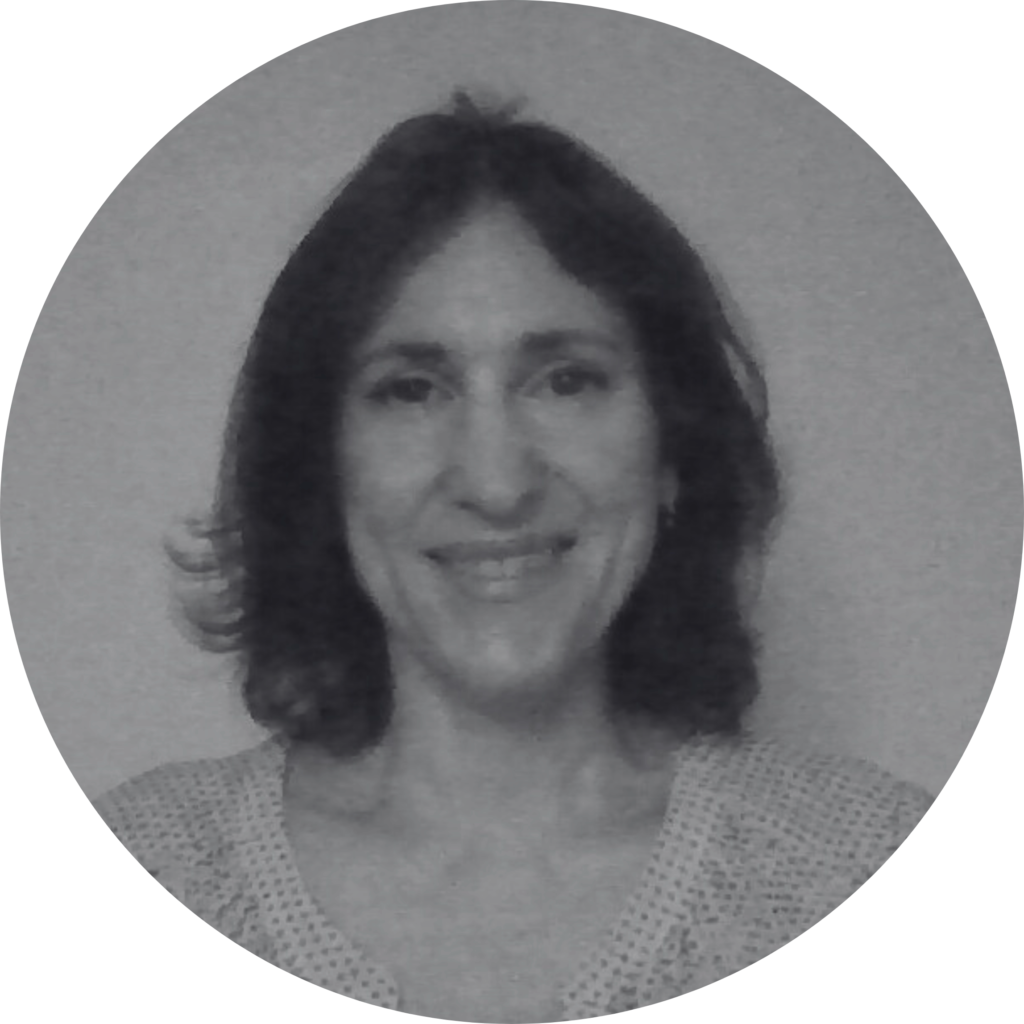
In this article, Angela speaks about her experience of a workshop we held in Manchester in May 2024.
One of the things I’ve most enjoyed about working with experts by experience is how diverse perspectives and knowledge challenge assumptions and sometimes our anxieties about what works for recovery and approaches to research. These clear insights have a significant impact on developing compassionate and effective recovery services.
When I heard about the MORE-KARE workshop, I was impressed and inspired by the trial team’s commitment to working with experts by experience and genuine inclusivity. I looked forward to us all meeting in Manchester with local services and members of the community to connect and share ideas about supporting a potential new treatment.
The opening question of the evening sparked a thought-provoking discussion on using ketamine to treat addiction. It was interesting to reflect on a common perception of ketamine as a ‘street’ rather than clinical drug and how it can seem counterintuitive as a treatment for substance use disorder. Participants shared their views around stigma, safety, and the potential for abuse as well as expressing curiosity and hope around a new treatment for recovery!
I felt the workshop increased awareness of ketamine as a potential treatment for addiction. Listening to participants’ views filled a gap in the knowledge about how best to support people receiving and delivering this treatment and improve access.
5-Jun-24
Jay I – Expert by Experience
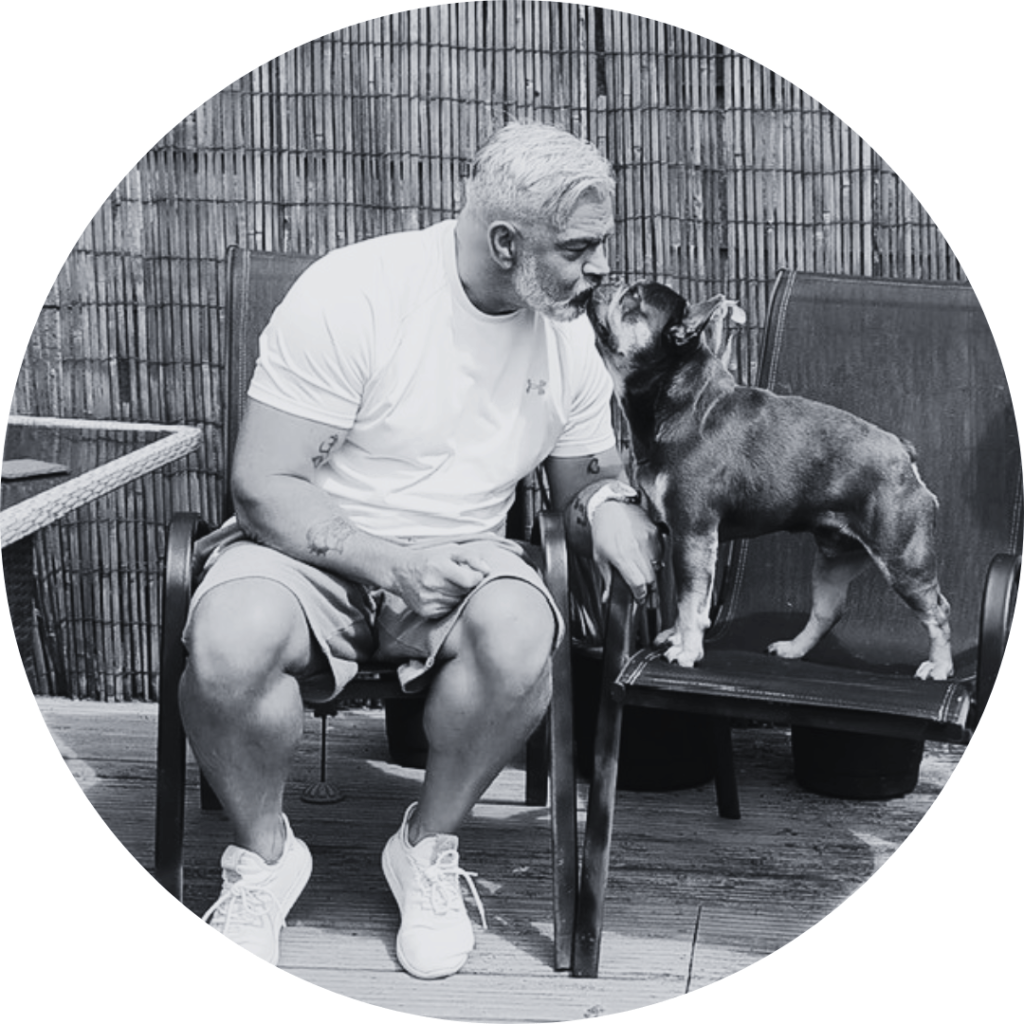
In this article, Jay shares some of his personal experiences with addiction and recovery, and as an expert by experience.
I thought I’d start by sharing a little about myself. My name is Jason but for some reason since I’ve been in recovery I like Jay.
My journey started back in 2018 when I questioned did I have a problem with drink and drugs?
At the time I said “yes” because I was people pleasing. I managed to get some clean time; around eight months, but I think this was for a reconciliation with my wife. Eight months on from that and I was back at it, causing more pain and more misery to my family, employers and friends.
Fast forward to 2022 I’d lost everything; marriage breaking, living on my own, no job, no money no hope, no self-existence. After a number of falls and being found half-dead I was taken to hospital by my wife and children.
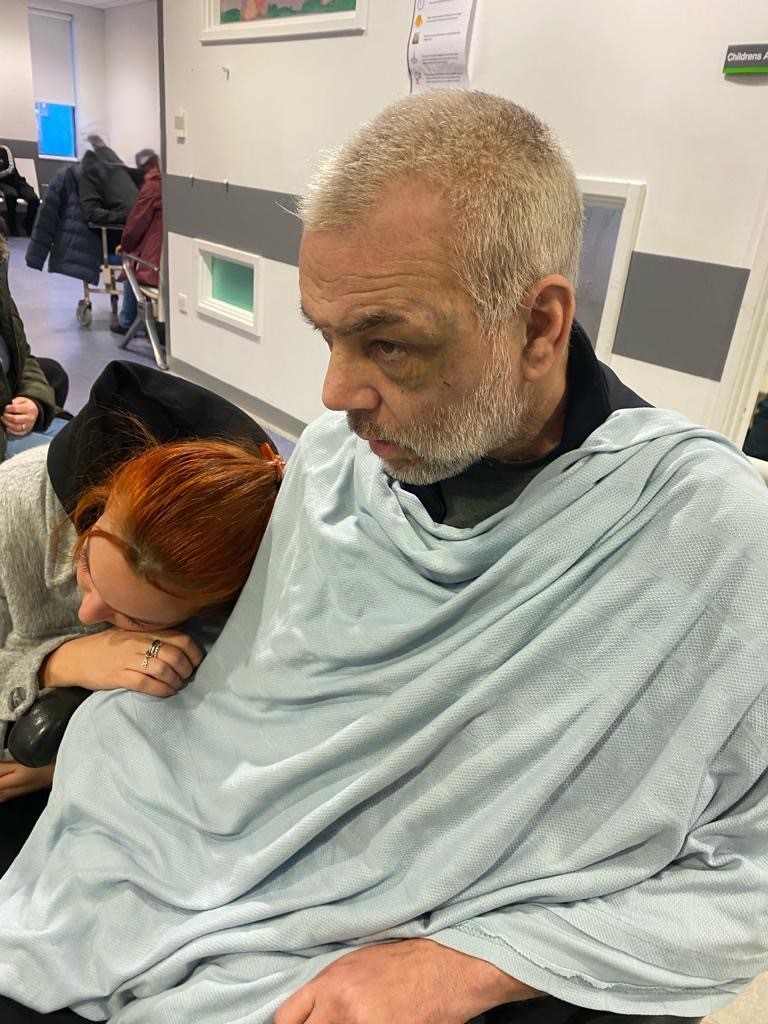
I couldn’t walk, I was finished.
I went into detox for 5 weeks and realised my insides were gradually rebuilding along with my strength, but my head was still unaware what I suffered from. I opted to go into rehab because I realised I had to do this for myself not anybody else.
After all, if I was wasn’t well, how was I going to help anybody else? I entered rehab where I stayed for eleven months. I learned what I suffered from, but also learning to become the person I am today.
Life isn’t easy. I’m nearly eighteen months clean and sober and living life on life’s terms is very hard. I didn’t realise how hard sometimes. I live life as best I can back with my wife and children but only because I live an honest life no more secrets.
I found out, like many others, secrets keep you sick.
My purpose in life is to help the still suffering anyway I can. Since I’ve left treatment I have the pleasure of completing the Practically Volunteering Course with GMMH Achieve and sitting the Dynamic intelligence Course with THOMAS organisation. I’ve used me lived experience and worked as a member of GMMH recruitment panels.
I was invited to sit on a MORE-KARE trial workshop which I found interesting and also privileged to do; to give feedback back as recovering service user. I’ve been accepted as a member of the GMMH Addictions Research Conversation Huddle (ARCH) and am looking forward to further workshops in the near future. ARCH is a group of experts by experience who discuss future research and study opportunities and share the decision making.
It’s very important to me to give back from my experience, strength and hope in any way I can. I’m now an ambitious man who is proud of what I’m becoming; a role model for the still suffering.
My aim is to complete a life story book focused on my return to sanity, keep clean and sober; move into my new house (which 18 months ago were not part of my plan).
I’d also like to go into schools offering help and support, spreading the word that there is help out there; for me staying connected with services is another tool I use to help me throughout my day. From near death to below is a miracle…
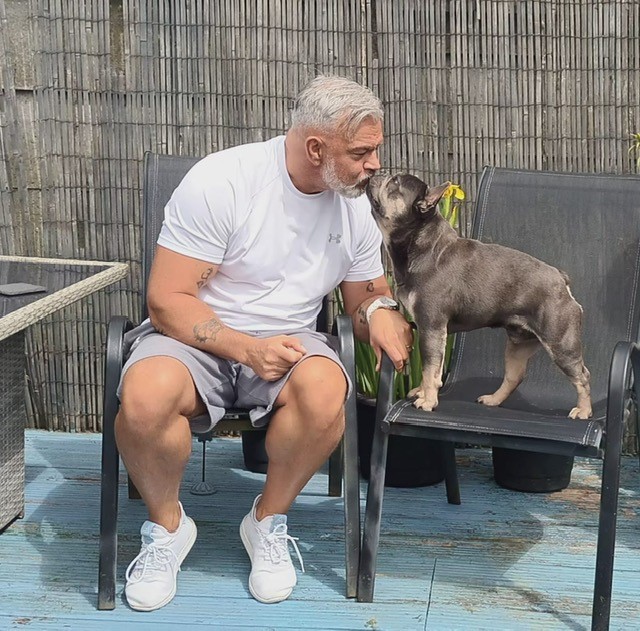
30-5-24
Anna Kelsey – Assistant Psychologist
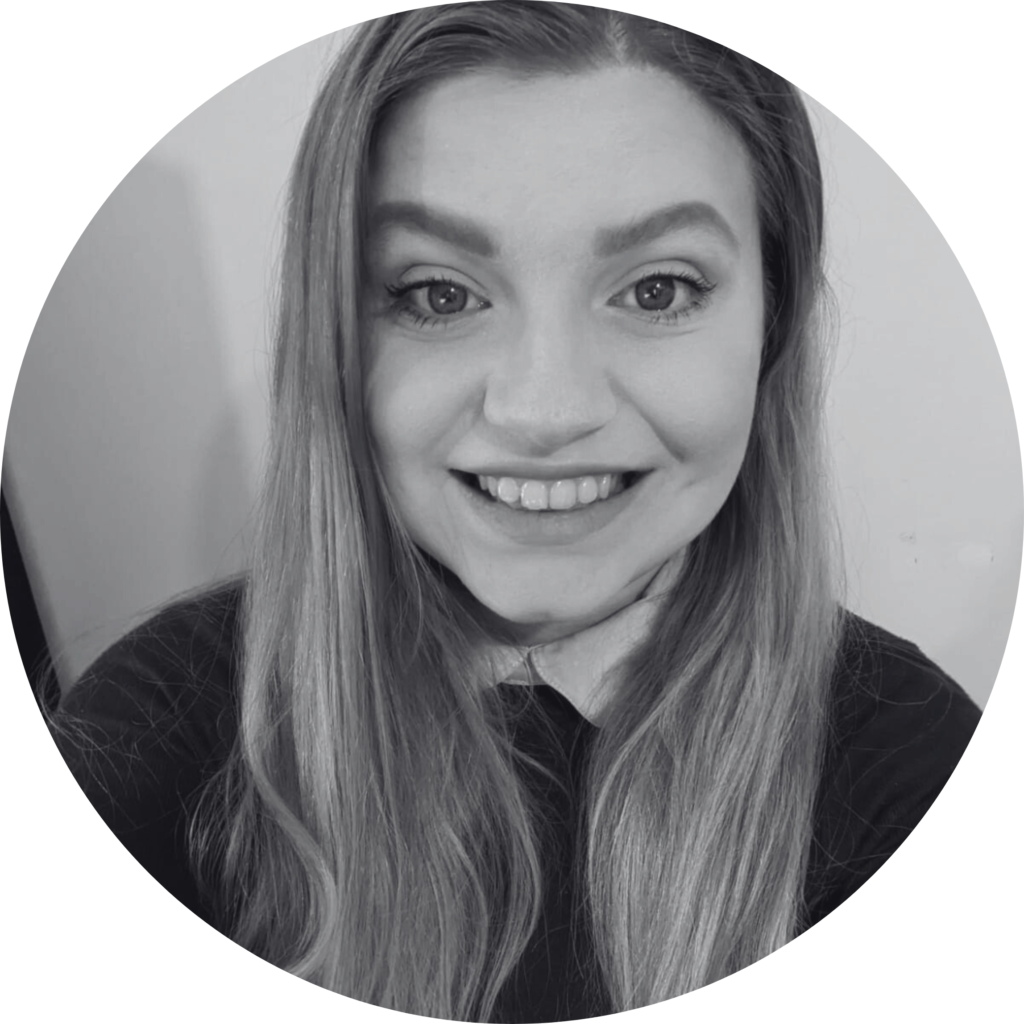
In this article, Anna speaks of her experience throughout the induction and training process on the MORE-KARE team.
I was delighted to be offered the role as an assistant psychologist as a part of the MORE-KARE team. I am passionate about the topic of addiction and recovery which has motivated me through my psychology career. This felt like a way to combine my passion alongside my work and education experiences.
I have found the induction process brilliant in providing a variety of training to allow for role plays, data training and opportunities to meet the variety of people involved in such a large study. It’s been eye opening for me to meet such influential researchers in the field of addiction and have the opportunity to discuss their specialities and bounce off new ideas around recovery. Everyone has been incredibly warm, welcoming and incredibly passionate about helping people struggling with addiction.
As a part of the induction process, myself and the other therapists were invited to an away day in Dartmoor for team building. This was a huge help to feel settled into the role and give an opportunity to connect with the rest of the team who are based all over the country. The day included nature based activities. From this, it has really helped break the ice between us therapists and helped us to feel comfortable working together whilst worked so far apart geographically.
We are now approaching the final stages before we can open the site and I am feeling so eager to get welcoming participants to the trial and seeing where this study may lead.
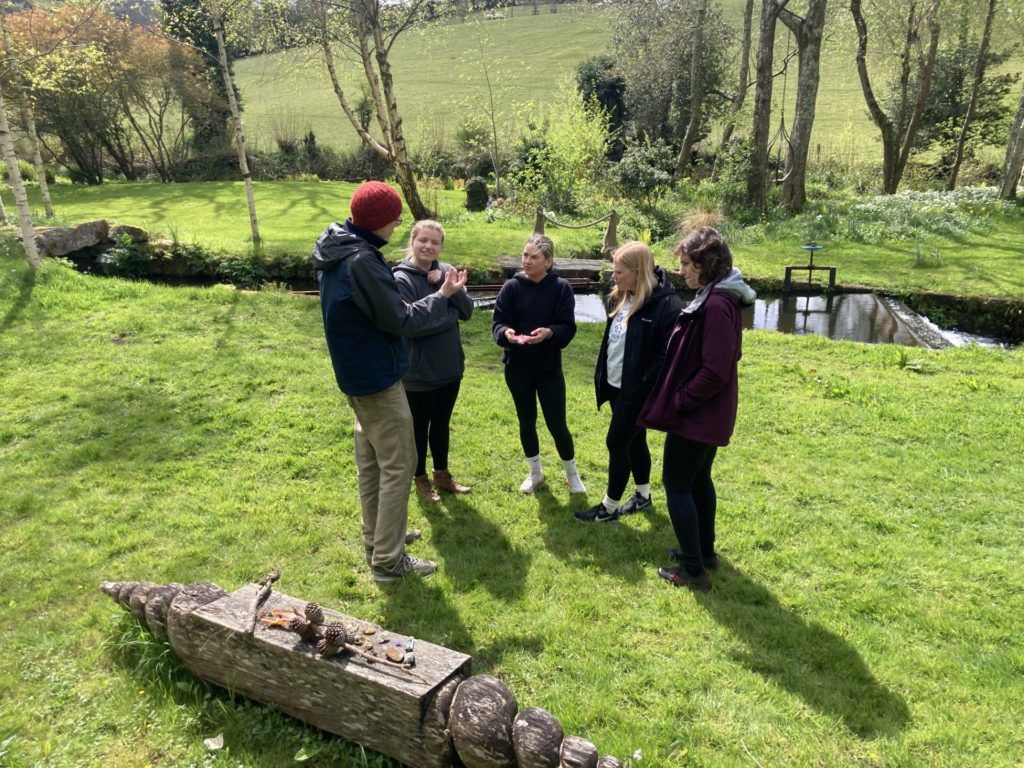
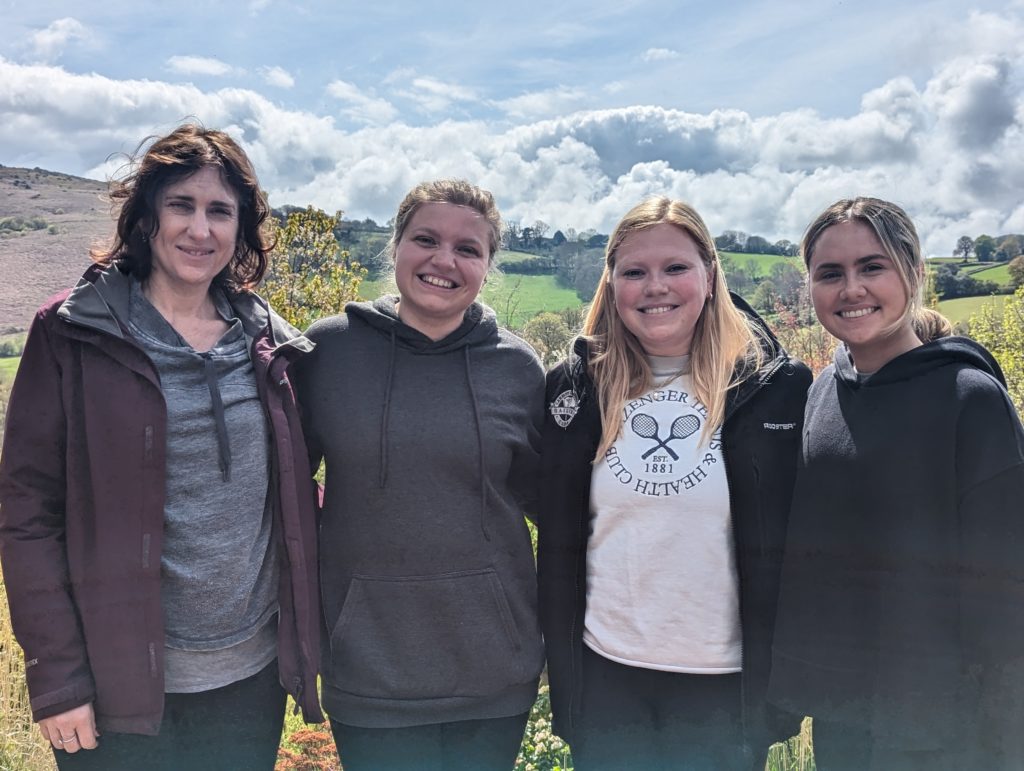
7-9-2023
Ali Chapman – Patient and Public Involvement (PPI) Lead
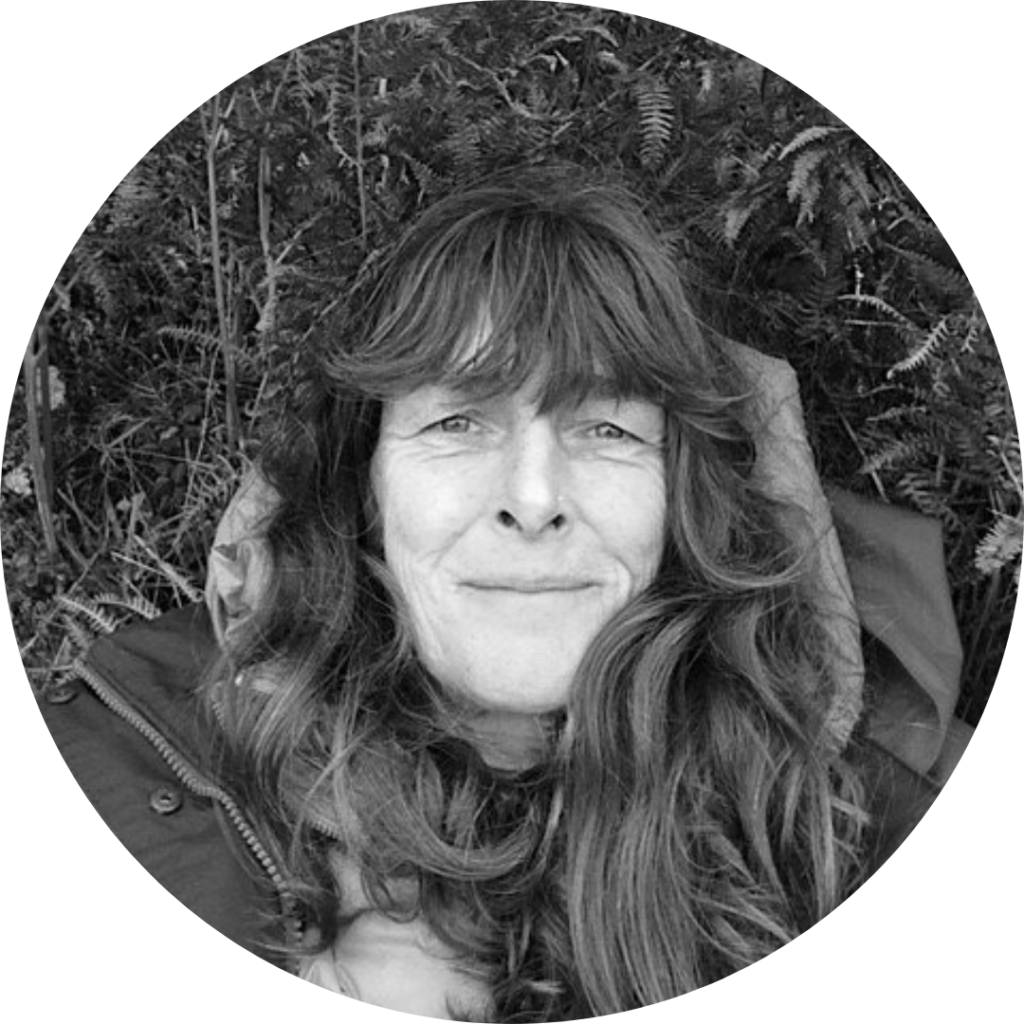
In this article, Ali shares how she became involved in clinical research, and her experience of the PPI Lead role on the MORE-KARE trial team.
Addiction and routes into recovery, (however that looks individually) is something that I have been passionate about exploring because of my own addiction recovery journey.
I firmly believe that there is no ‘one size fits all’, there needs to be choice, and for this reason I am delighted to be involved in the MORE-KARE research study as the PPI lead.
PPI is anything involved with Public / Patient involvement – for example I have been reviewing questionnaires, education / therapy material. Language is so important, and attention to detail can make all the difference to how something is received.
I was first introduced to the research team when they were conducting the phase two KARE trial a few years ago. I was volunteering with a local drug and alcohol team post rehab and listened to a talk on what the research was about, it piqued my curiosity and desire to be involved. I genuinely felt from that meeting that my input was being valued and that I could help in some way. I then met with therapists involved in the trial, running through session content and commenting on what it felt like to be on the receiving end. I thoroughly enjoyed the experience and was delighted to have the opportunity to join the MORE-KARE trial as PPI lead.
I was impressed with what I saw on the phase two trial, my only query was ‘what next?’ for participants once they have finished the sessions. My own experience has been that those next steps are crucial in terms of maintenance, change and ability to navigate the world substance free. I found that being in community, sharing the joys and difficulties with other people who understood was a really important factor in my own journey and still is today.
As part of the ‘what next?’ discussions I introduced Prof Celia Morgan to a charity that has made a huge impact on my journey (and who I now work for) called Rite to Freedom; explaining that I had attended a residential with them on Dartmoor, then became involved in training, facilitation and volunteering.
Rite to Freedom work through the lens of Nature Connection, Creativity and Mindfulness supporting a thriving recovery community in Devon. I had the absolute pleasure of bringing my two worlds together just recently when Rite to Freedom hosted a day of connection for people involved in the trial (photos below). With a foot in both camps, I couldn’t have been prouder; recovery is not achieved in isolation and the more we are able to network, connect and share ideas the more positive outcomes for those affected by addiction.
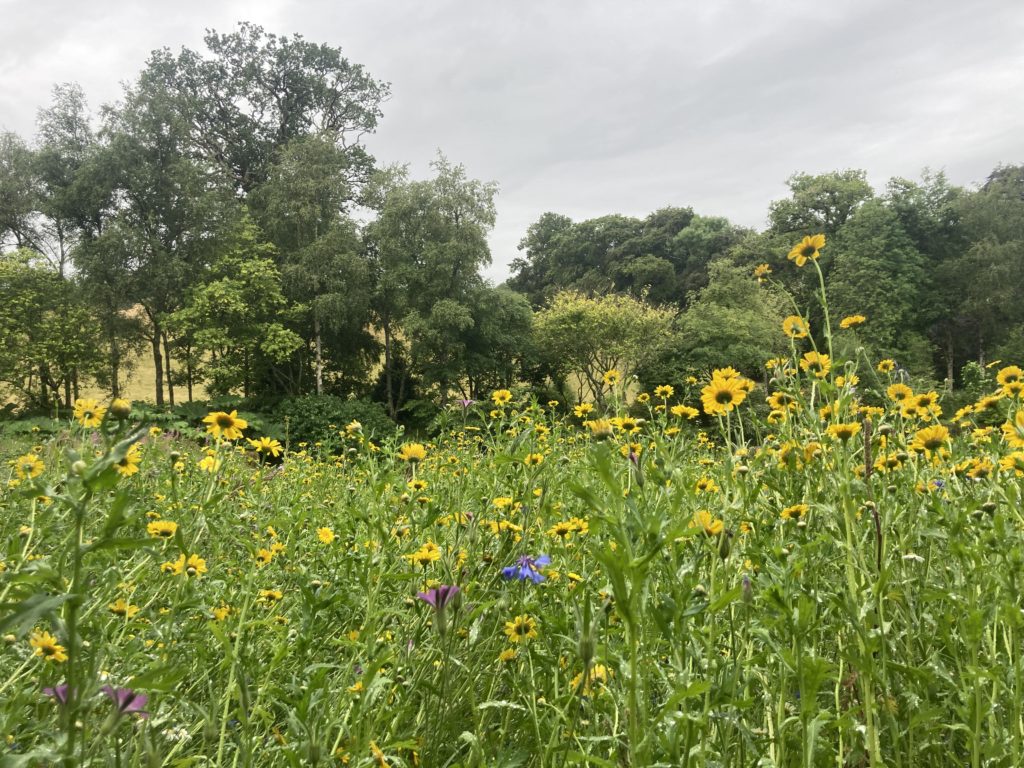
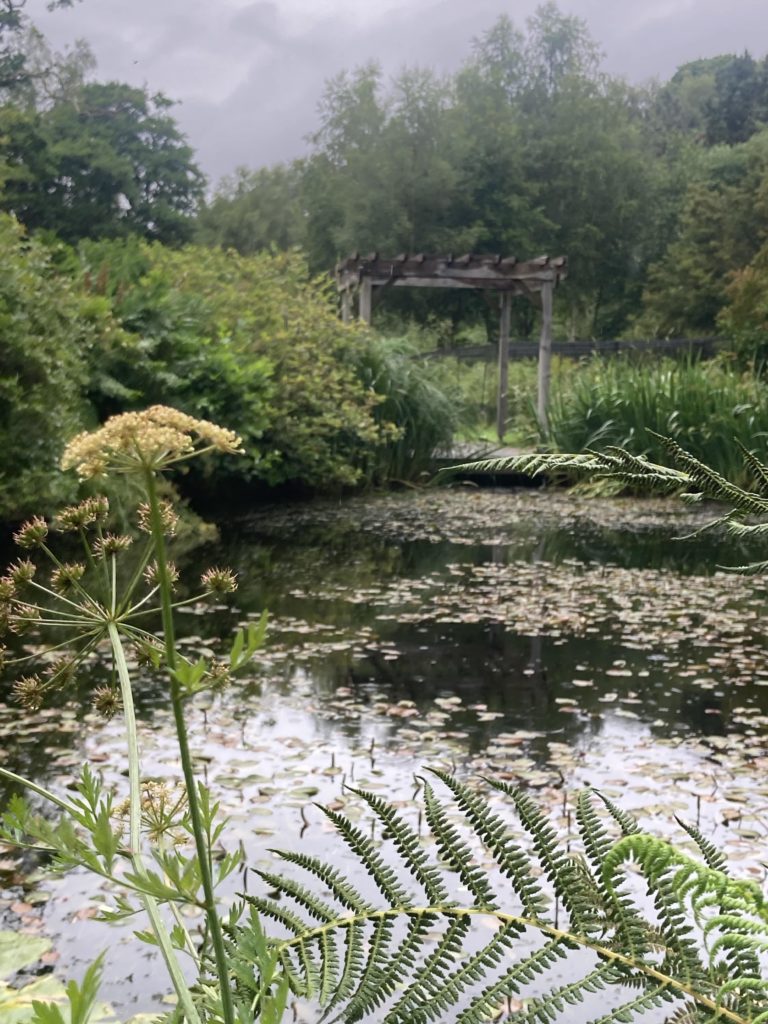
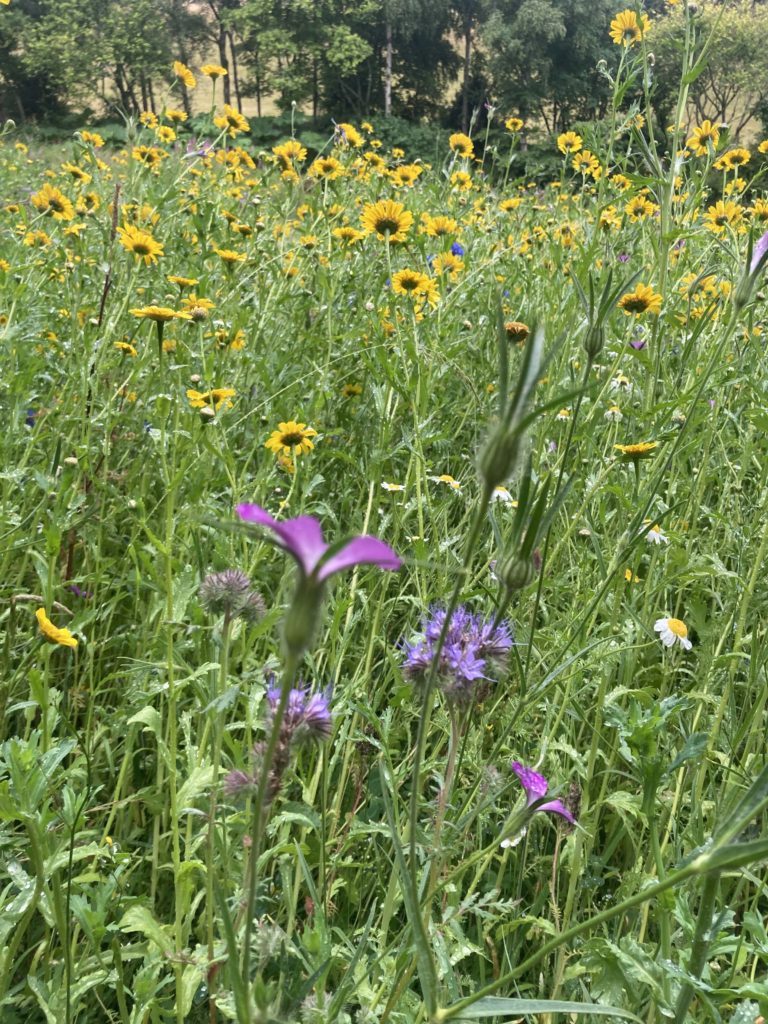
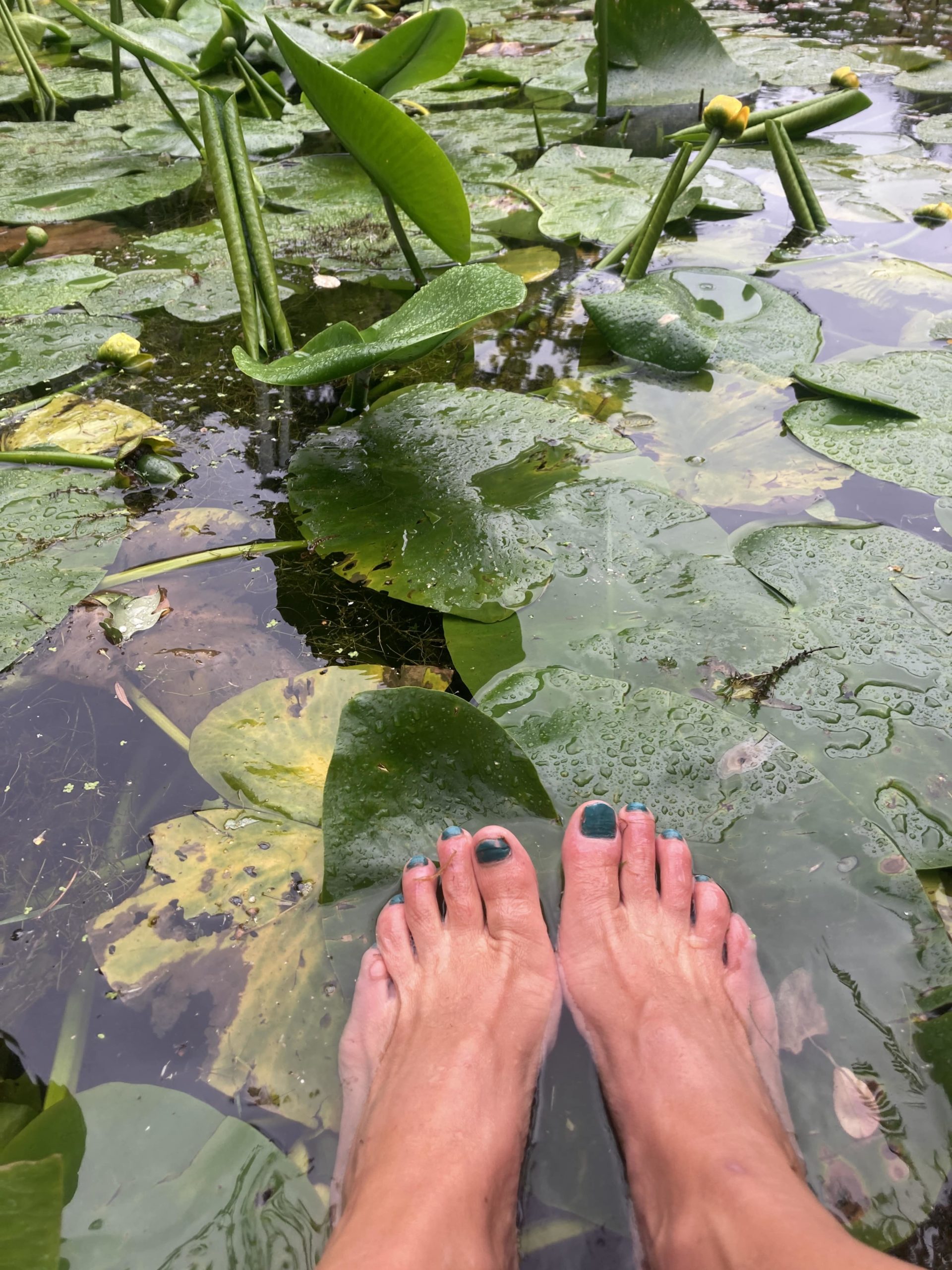
I am thrilled that in MORE-KARE there will be opportunity for participants to connect after their participation in the trial has finished to consolidate, explore and share.
Reflections on my involvement so far:
I have no research background and, at first, I definitely was nervous and had a little ‘imposter syndrome’ going on! I needn’t have worried; from the outset I have felt valued, heard, part of a wonderful little team within a larger team and most importantly I feel as though I have something to offer.
It has been a fascinating journey so far – I am struck by the level of detail, care and dedication that I have witnessed from all involved. I had no idea of the scale of team needed, expertise required and what was involved. On a personal level I am learning so much, with supportive colleagues there to guide me.
My want at the beginning of my involvement in the trial, was for anyone participating to have clarity, their needs met, to feel safe and be treated with dignity and respect. Every stage I have been involved in has been working towards this.
People really care and are invested in wanting the best possible experience for participants.